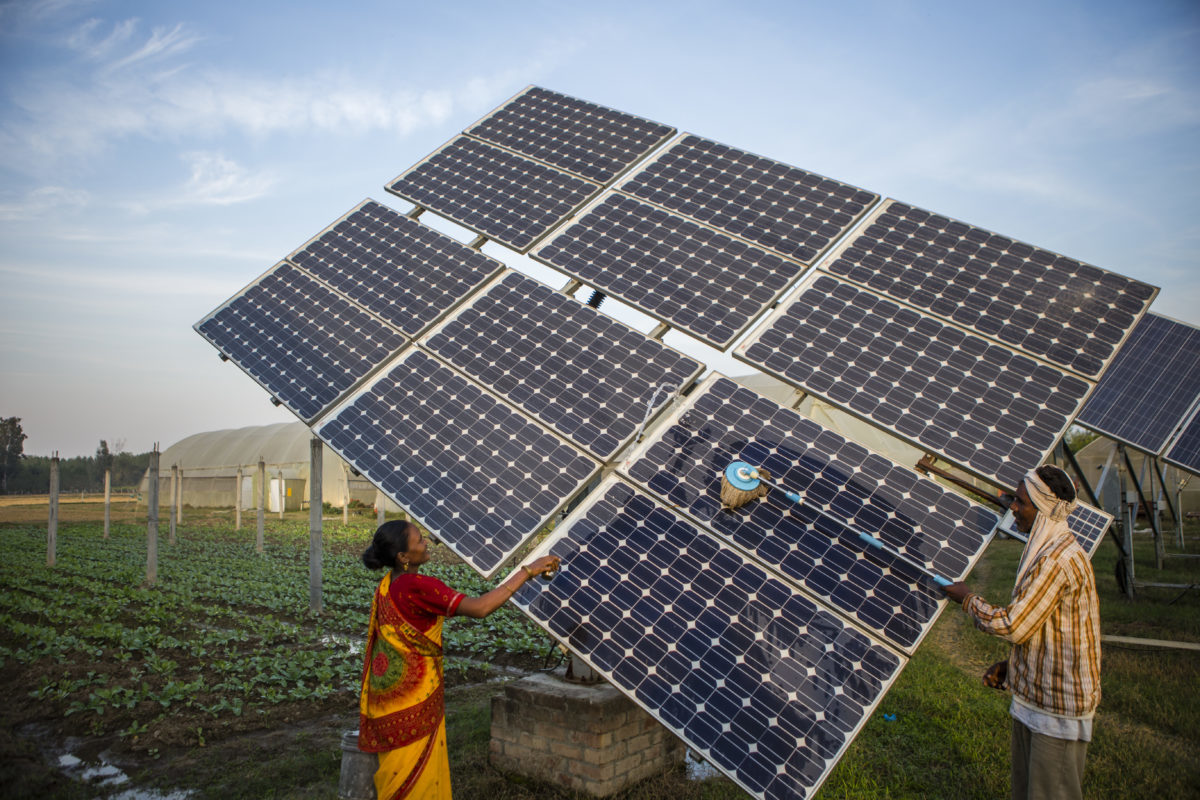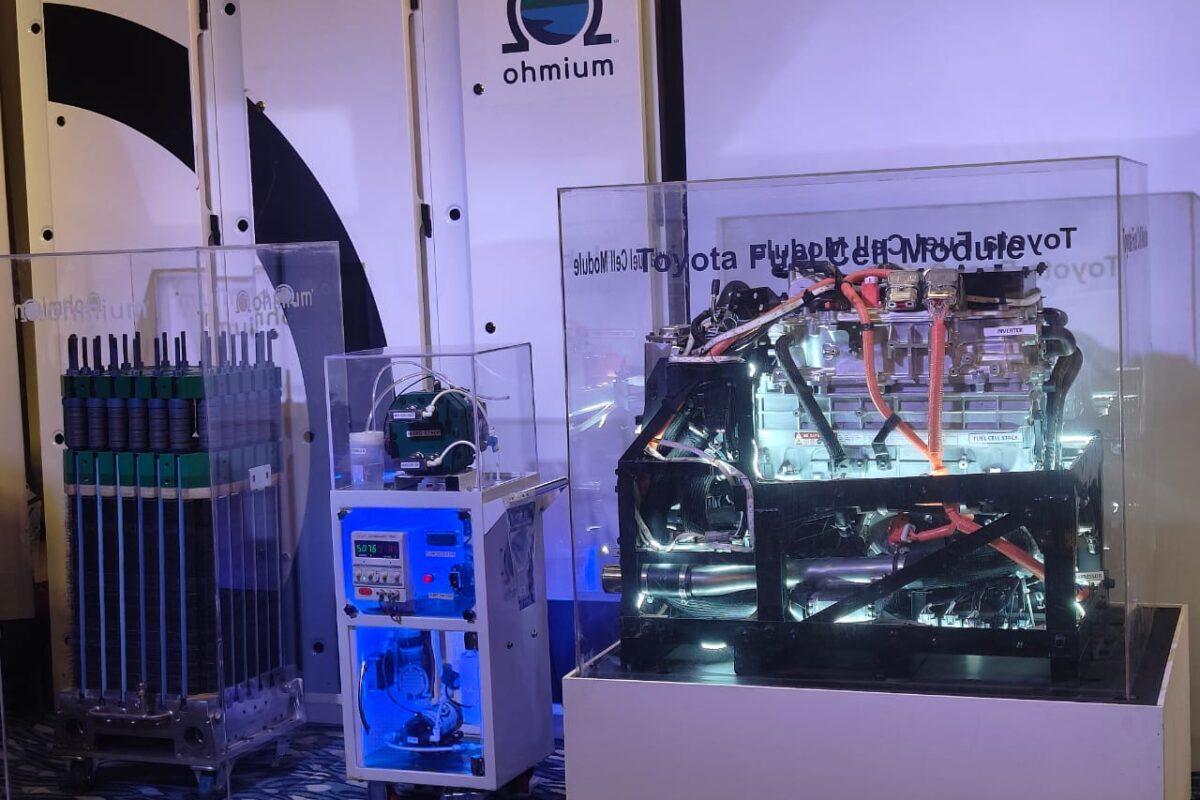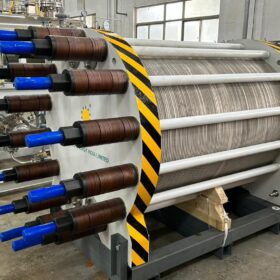From pv magazine International
The International Water Management Institute (IWMI) has launched the Solar Irrigation for Agricultural Resilience (SoLAR) project, which is the second phase of the Solar Pump Irrigators initiative that was introduced in early 2016. The new project aims to replace diesel-powered irrigation pumps with groundwater-responsive solar irrigation systems throughout Bangladesh, India, Nepal, and Pakistan.
“The project is not about installing solar pumps per se,” Aditi Mukherji, a senior social scientist for IWMI, told pv magazine. “We are working with government agencies in Bangladesh, India, Nepal and Pakistan – and these agencies are mandated with financing and installing solar irrigation pumps.”
Mukherji said that the pumps are owned by private companies that obtain loans from government agencies, in order to provide irrigation services to farmers, who buy water at predetermined rates.
In Bangladesh, the technical specifications of the pumps range from 10-40 HP submersible pumps – with 25 to 65 kW of PV capacity – to underground pipelines that can irrigate up to 50 hectares of land. In Nepal, the pumps are much smaller, ranging from 3 to 5 HP with 5kW to 7.5 kW of capacity, and no underground pipes. India has all the main variants, from small sub-HP pumps, to bigger pumps, although not as large as those in Bangladesh.
“However, given that these countries already have a fair number of solar irrigation pumps, our project is not about installing any more pumps, but to study their impacts on agriculture and livelihoods,” Mukherji explained.
The project is looking, in particular, at three related second-generation issues. What happens to groundwater resource sustainability once farmers shift from diesel/electric to solar pumps? What are the equity impacts on small and marginal farmers, including women farmers? And how can excess power be used, given that solar pump irrigation systems do not work throughout the entire year? In Bangladesh, they are used roughly 120 days per year. “We will be piloting interventions where we will connect these SIPs to the national grid,” Mukherji added.
“SoLAR will turn the vicious cycle of water-energy-climate into a virtuous one, if positioned along with the right policies, institutional support, and financial guidance,” she claimed.
The project is being funded by Swiss Agency for Development Cooperation (SDC). “Currently, only 10% of solar pumps are owned by resource-poor farmers and less than 5% are owned by women farmers,” said Mukherji. “When we conclude this project in four years, and with the changes in policies, we hope at least 30% of solar pumps will be owned by poor or less privileged farmers, and 10% will be owned by women farmers in each of the countries.”
This content is protected by copyright and may not be reused. If you want to cooperate with us and would like to reuse some of our content, please contact: editors@pv-magazine.com.









Why would they reduce the share of pumps owned by resource-poor farmers from 1/2 women to 1/3 while they increase total numbers?